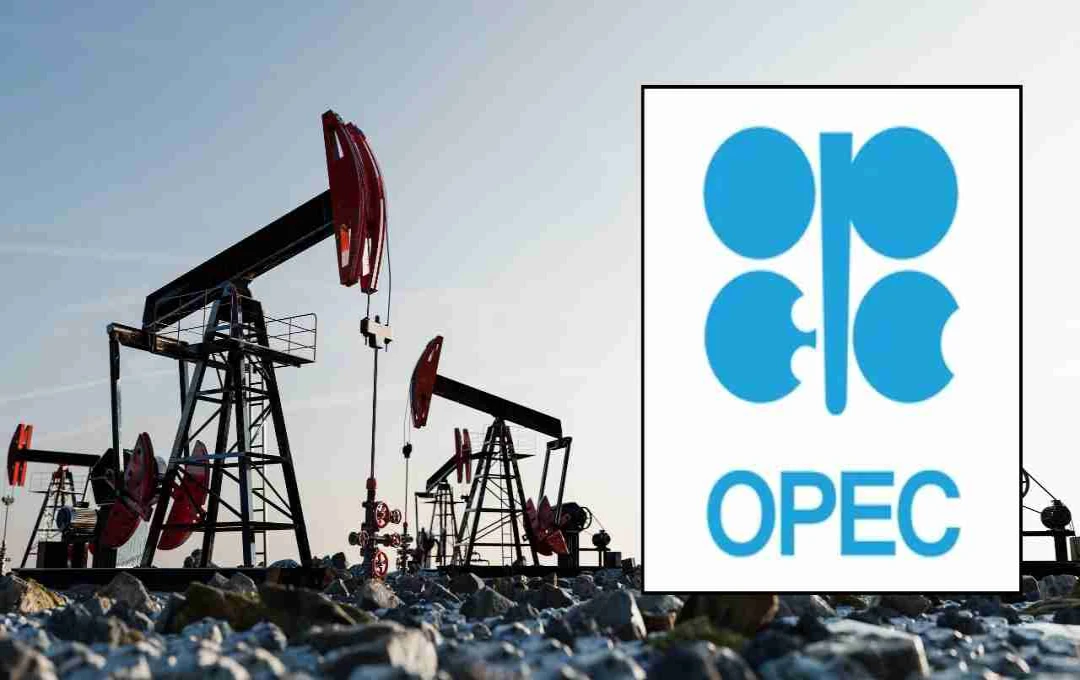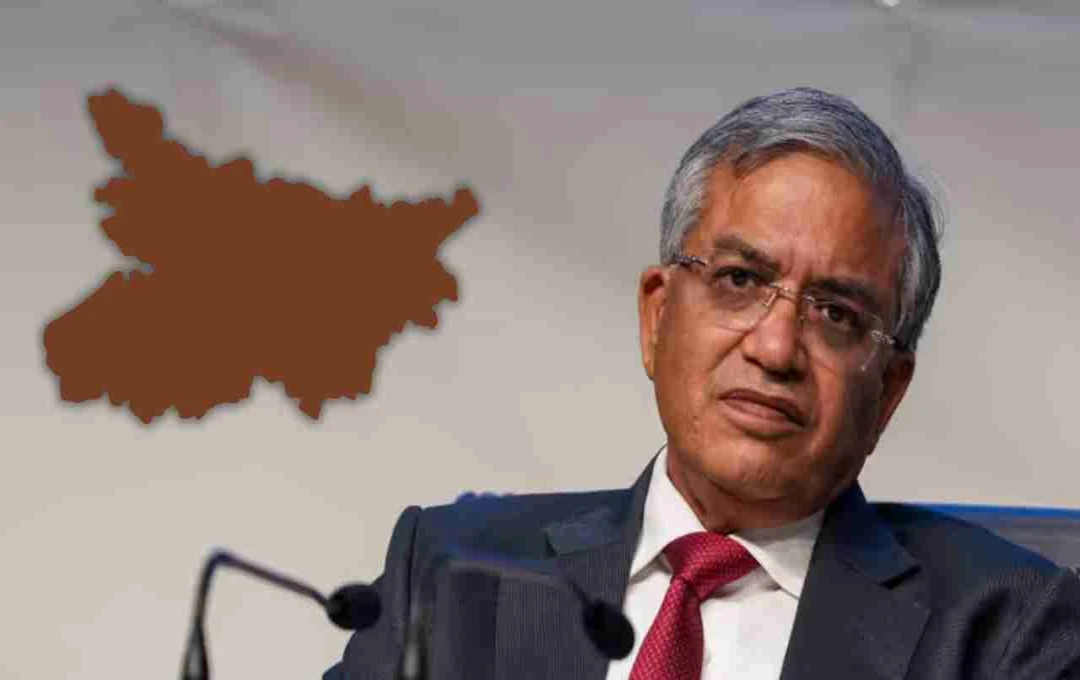OPEC+ decided on a modest increase in oil production of only 137,000 barrels per day from November, which led to approximately a 1% rise in crude prices. Brent crude reached $65.16 and WTI $61.46 per barrel. The limited production increase and Russia-Saudi disagreements are considered the main reasons for the price hike.
Crude Oil Price: On October 6, OPEC+ decided to make only a modest increase of 137,000 barrels per day in oil production from November. Immediately after this decision, crude prices surged by approximately 1%, with Brent crude reaching $65.16 and WTI hitting $61.46 per barrel. According to analysts, this price surge is due to OPEC+'s limited production increase, production disagreements between Russia and Saudi Arabia, and global supply constraints, while pressure from G7 nations on Russia is also impacting prices.
OPEC+ Decision on Production Increase
The OPEC+ group, which includes Russia and other smaller oil-producing nations, decided to make only a modest increase of 137,000 barrels per day in oil production from November. This volume is equivalent to the increase made in October. This move is seen as an attempt to control potential supply increases in the market and prevent falling prices.
Experts state that this limited production increase is a cautious decision taken to stabilize oil prices in the market. Had production increased significantly, it could have put pressure on crude oil prices and increased uncertainty for investors.
Main Reason for Price Increase
Analyst Tina Teng stated that the surge in crude oil prices is primarily due to OPEC+'s limited production increase. However, she warned that oil prices might not remain stable due to the global economic recession. A recession could lead to a decline in demand, causing price fluctuations.
Furthermore, reports of disagreements between Russia and Saudi Arabia regarding production levels have emerged. Russia advocated caution in increasing production to avoid downward pressure on prices, while Saudi Arabia was in favor of higher production to increase market share. This disagreement also attracted the attention of investors and market experts.
Pressure on Oil Prices from Global Events

Recent attacks by Ukraine on Russian energy facilities and stringent sanctions imposed by the United States and Europe on Russia and Iran could impact supply. These events have also increased market uncertainty. Experts believe that OPEC+'s cautious move can help maintain a balance between oil supply and demand.
Finance ministers of the Group of Seven (G7) industrialized nations also recently announced that they would toughen measures against countries that continue to purchase Russian oil or help circumvent sanctions, aiming to increase pressure on Russia. This step could affect the global oil market and lead to future price fluctuations.
Investors' Eyes on the Oil Market
Following the modest increase in oil prices, investors' reaction was enthusiastic. This surge recorded in Brent crude and WTI was considered a positive signal for investors. Market experts say that after this increase, investors will keep an eye on the market for potential gains.
Experts believe that this decision by OPEC+ is crucial for balancing prices. Due to the limited production increase and the impact of geopolitical events, market volatility may continue.
Impact of Global Economic Recession
Analysts have warned that a recessionary situation in the global economy could impact crude oil prices. A decline in demand, coupled with slow growth in trade and industries, could increase price instability. Therefore, investors and market experts continue to keep a close watch on the oil market.















